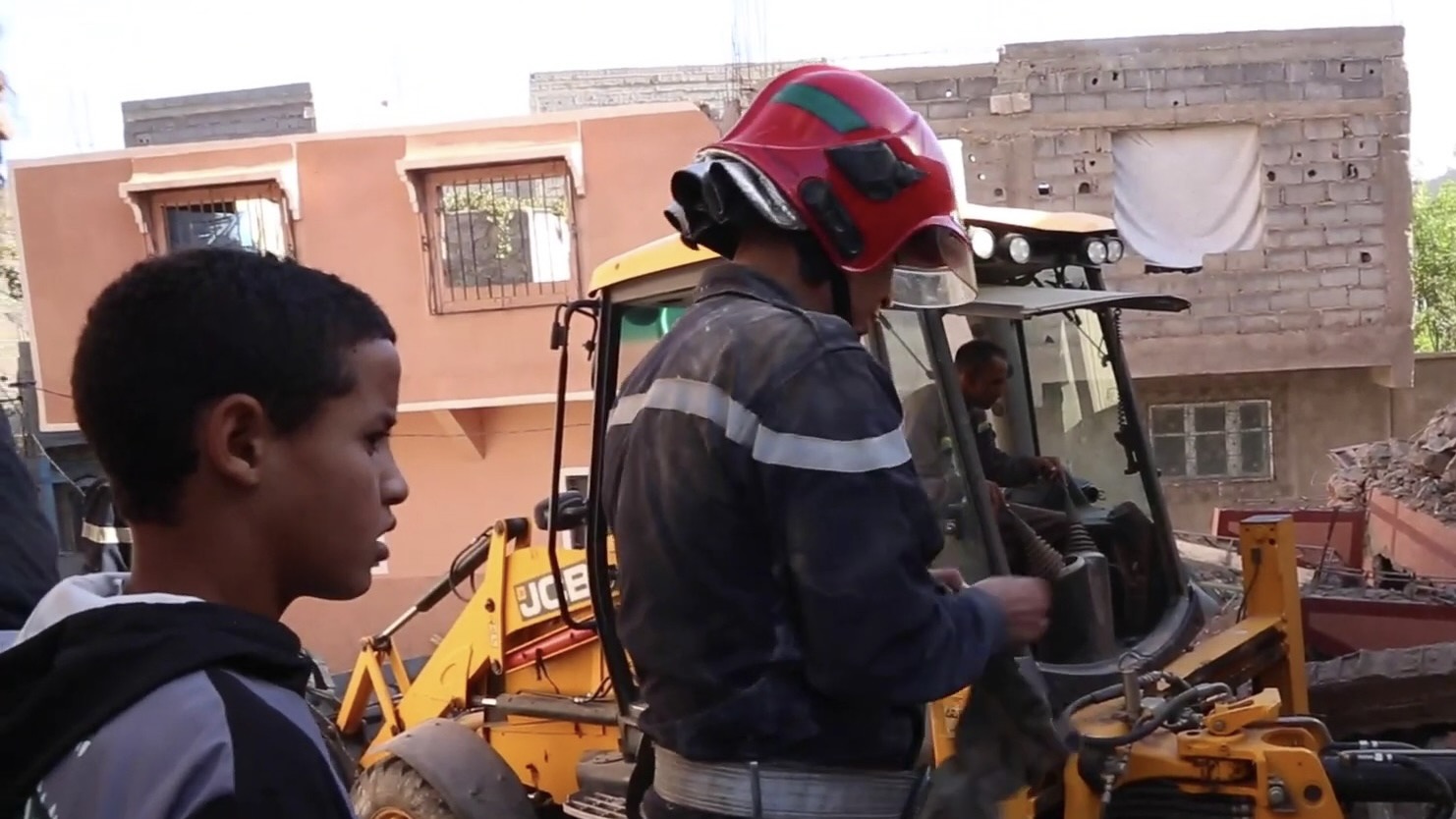The death toll from the devastating earthquake that struck Morocco on Friday has crossed 2000. Government authorities and rescue agencies are continuing to make efforts to find those alive and stuck inside the rubble as well as recover the bodies of those killed across the country.
As of Sunday September 10, the official death toll currently stood at 2,122, and the number of injured at 2,421, with both numbers likely to increase in the coming days. The government has declared three days of national mourning.
Countries across the world have expressed condolences and solidarity with Morocco and its people. Several countries including Oman, Spain, Kuwait, Tunisia, United States, Turkey, France, and others have offered or are in the process of dispatching search and rescue personnel, as well as medical assistance and material aid to Morocco.
The 6.8 magnitude earthquake is the deadliest to hit Morocco in the last 60 years. It had its epicenter in the High Atlas mountains in the Al Haouz province, which is about 75 kilometers from Marrakech, Morocco’s fourth largest city. Al Haouz province is the worst affected province. The provinces of Ouarzazate, Azilal, Chichaoua, and Taroudant provinces have also suffered extensive damage and destruction. Dozens of small, remote rural villages and towns in the region have suffered massive destruction, high death tolls, and in some cases, have been completely leveled. It is feared that many people are still trapped inside the rubble in these areas, and rescue agencies have reportedly experienced difficulties accessing and reaching some of them. Numerous important historical sites, including UNESCO world heritage monuments, mosques, and other buildings have also been severely damaged.
The World Health Organization has estimated that more than 300,000 people have been affected in the country, including thousands who have been internally displaced and left homeless. Tremors from the earthquake were felt as far away as Southern Spain, but with no reports of any damage.
The earthquake-affected regions have also experienced a number of aftershocks in the subsequent two days, whose magnitudes were in the range of 3 to 4.5 on the Richter scale.
The Regional Director, International Federation of Red Cross/Crescent, Hossam Elsharkawi, told CNN, “It’s about providing urgent medical assistance. This is a race against time. We have a window of seven days to get people out from under the rubble. There are a lot of people that are homeless now.”





